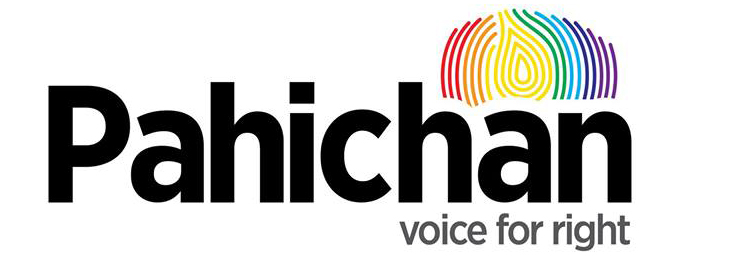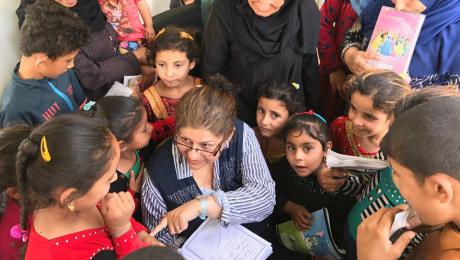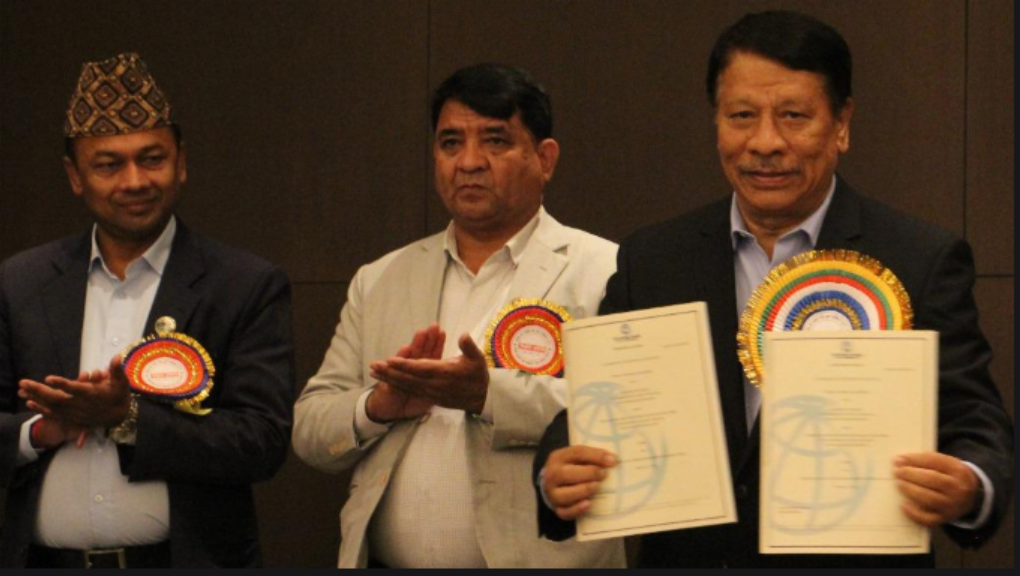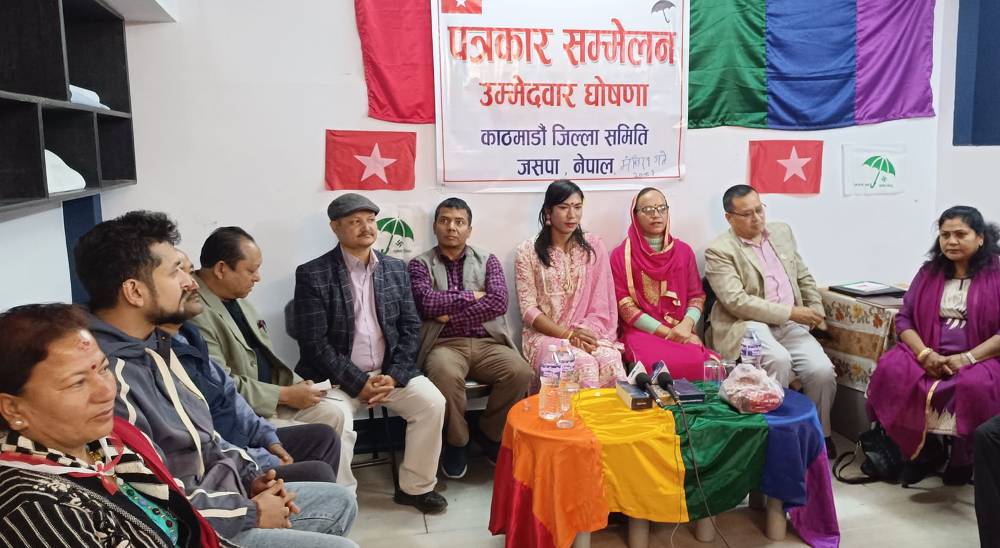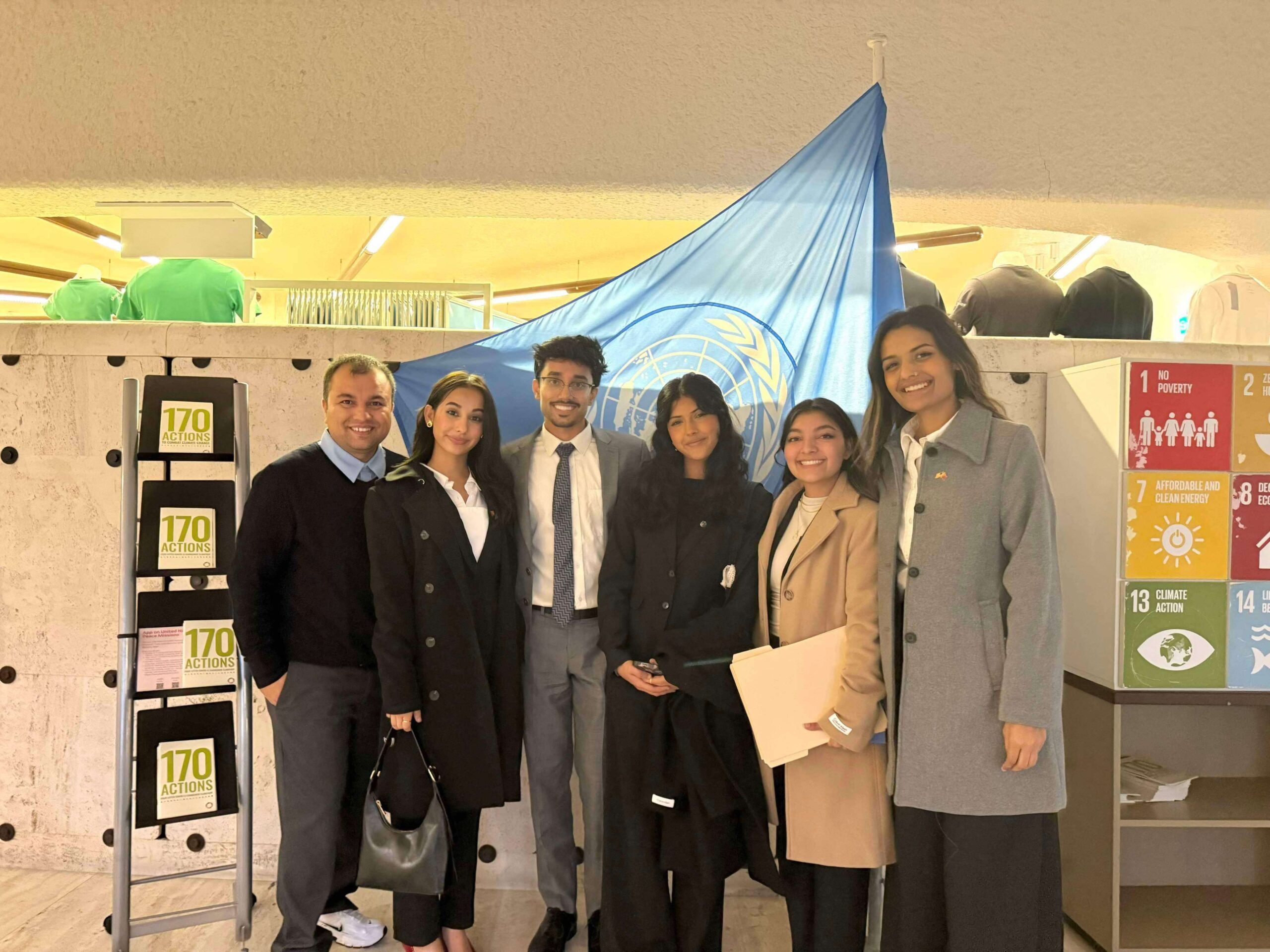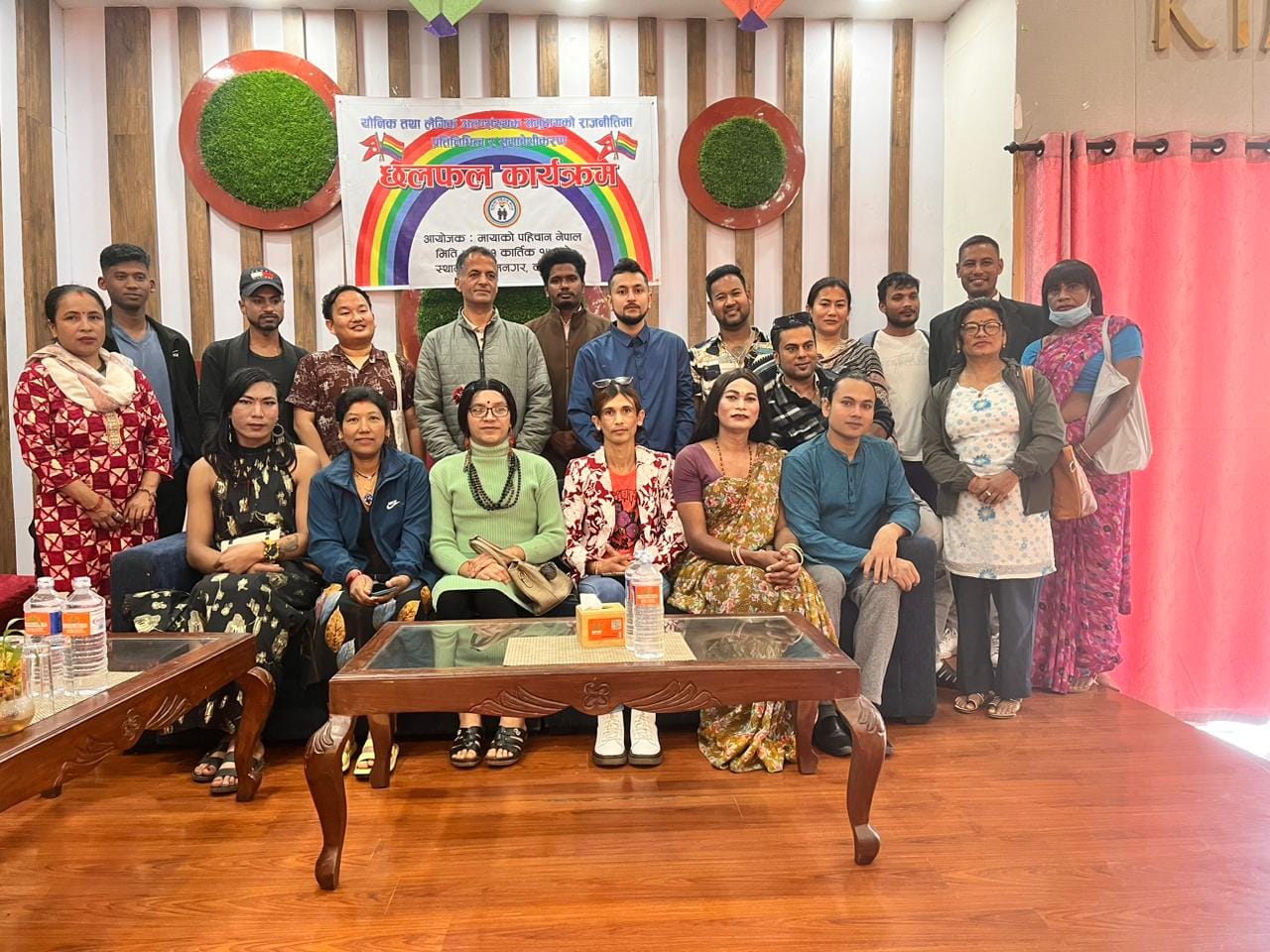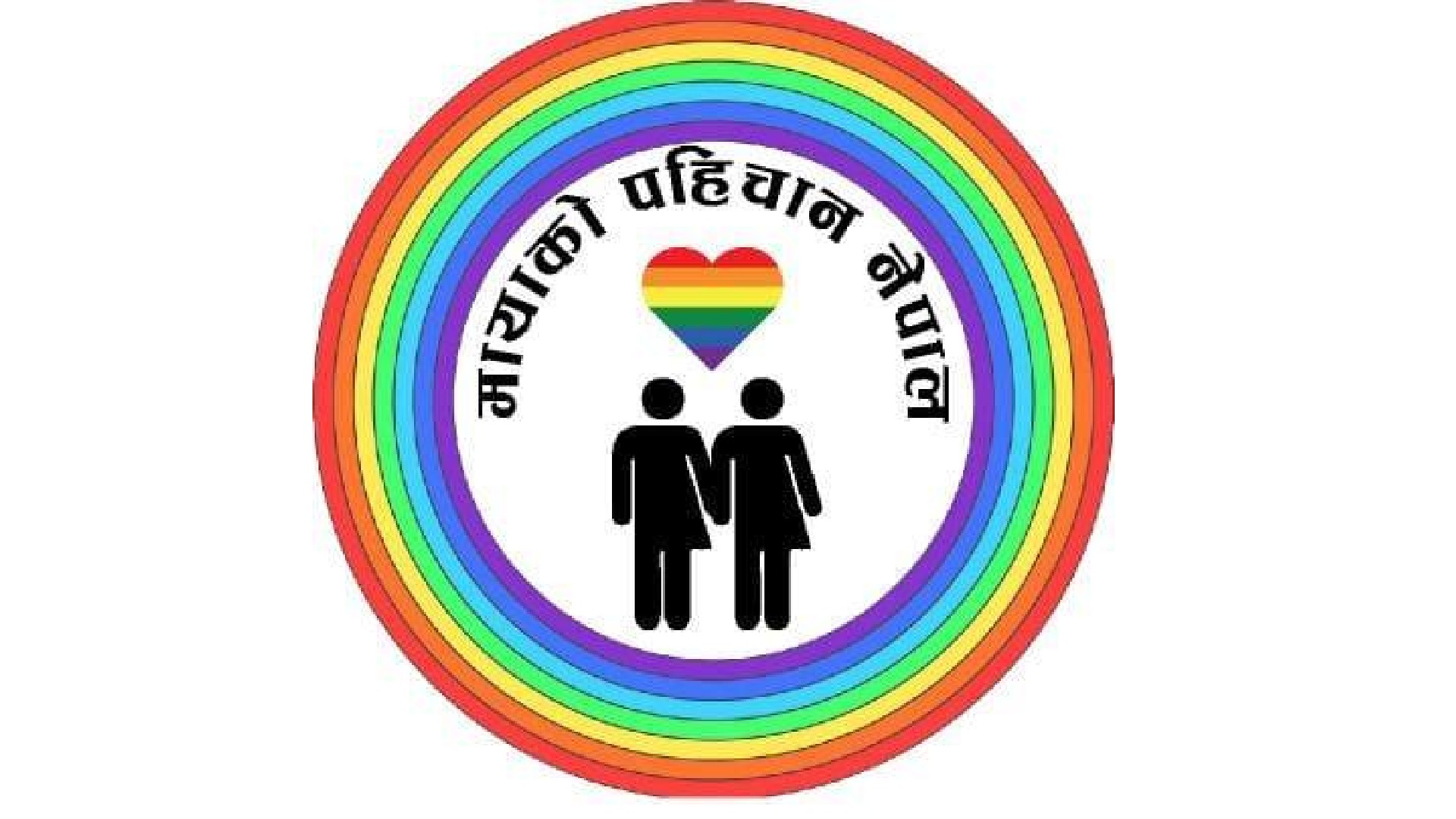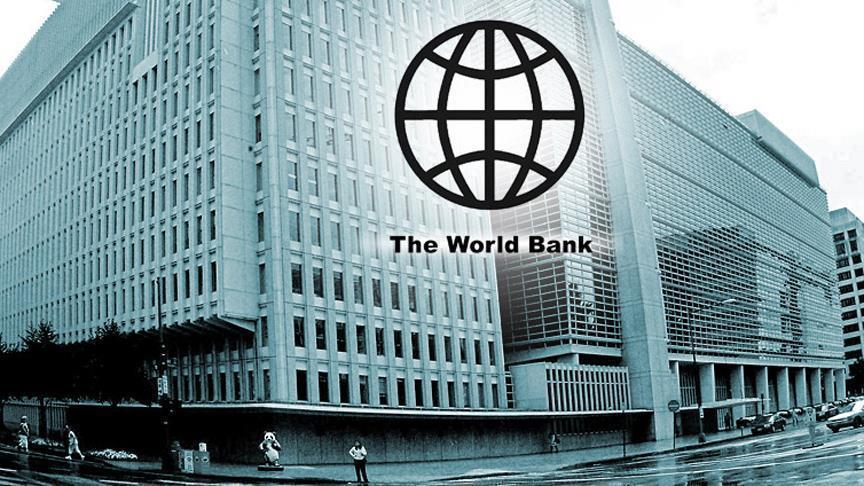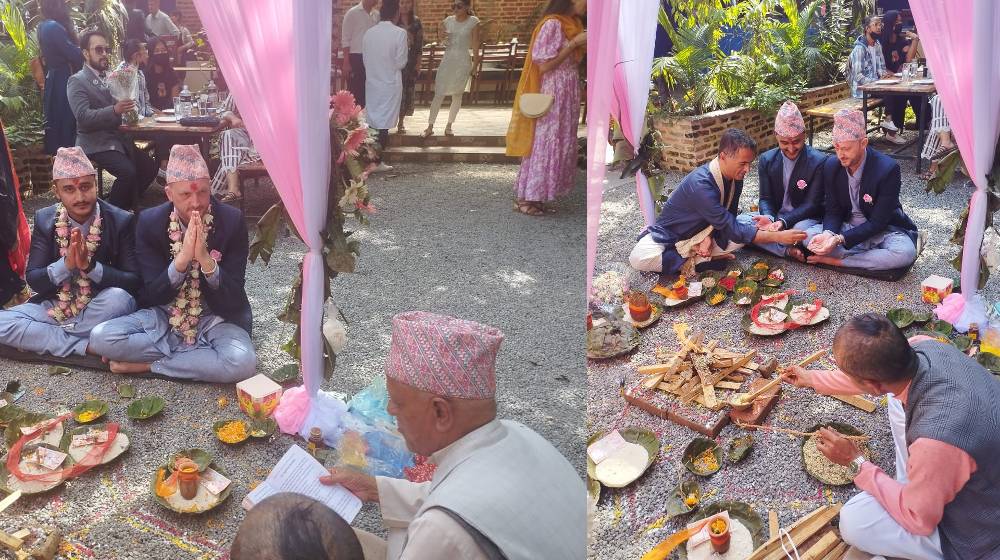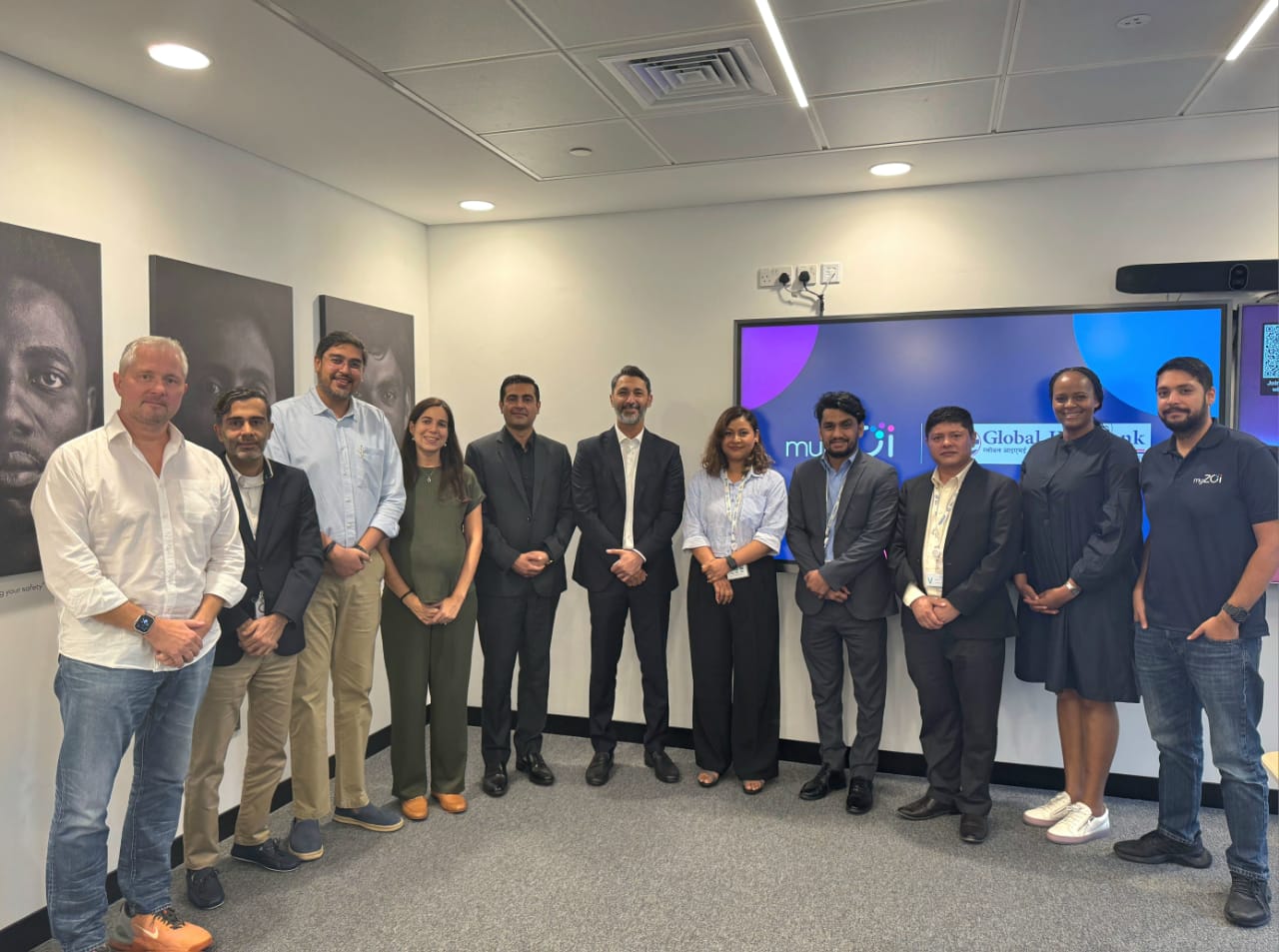Kathmandu (Pahichan) February 3 – A potentially precedent-setting petition at the International Criminal Court could help human rights advocates and survivors of gender-based crimes in conflict.
 In Iraq, including in areas controlled by ISIS, women, girls, LGBTIQ persons, and people perceived as stepping outside of traditional gender roles have been targeted for violence on a staggering scale.
In Iraq, including in areas controlled by ISIS, women, girls, LGBTIQ persons, and people perceived as stepping outside of traditional gender roles have been targeted for violence on a staggering scale.
ISIS fighters have tortured women doctors and nurses who have not complied with rigid dress codes, when doing so would interfere with the performance of medical duties. They have executed women who resisted forced marriages, or who served as politicians. Men believed to be gay have been thrown off buildings. Women believed to be lesbians have been threatened with death. ISIS has killed youth because of alternative forms of personal expression, or refusals to join their militia, labeling them “faggots.”
War-time abuses against people who are marginalised within their societies are rarely documented. As a result, such violations are excluded from human rights discourse and from justice processes. In effect, they are left out of history.
“War-time abuses against people who are marginalised within their societies are rarely documented.”
For this reason, Iraqi activists, at great personal risk, have been documenting such crimes committed by ISIS but also by Iraqi government forces, and other militias. They have preserved critical information about perpetrators and larger criminal networks. Many have also provided shelter and safe passage to those at imminent risk of sexual slavery or murder.
On 8 November, a historic petition was also filed at the International Criminal Court (ICC), to advance protections of the rights of women and LGBTIQ people during conflict.
This petition was filed jointly by MADRE, the Human Rights and Gender Justice (HRGJ) Clinic of the City University of New York (CUNY) School of Law, and the Organisation of Women’s Freedom in Iraq (OWFI), with assistance from the law firm Debevoise & Plimpton. It argues that the international community should prosecute ISIS fighters for gender-based persecution and crimes including discrimination based on sexual orientation and gender identity.
Knowledge of egregious crimes committed against women and perceived or actual LGBTIQ persons, for transgressing gender norms during an armed conflict, is not new. But this is the first time the world has seen this kind of robust documentation of such crimes. The petition currently before the ICC therefore offers a new opportunity to challenge this type of violence.
“The international community should prosecute ISIS fighters for gender-based persecution and crimes.”
At the world’s first international criminal prosecutions in Nuremberg, Germany, rape and sexual slavery of women and torture of LGBTIQ persons were acknowledged but never prosecuted. It was only in the 1990s, with the ICC’s creation, that gender-based forms of violence were first recognised as violations of international law.
At the time, women’s rights advocates lobbied drafters of the Rome Statute that governs the ICC to abandon the “outrages to personal dignity” language to describe sexual violence. They succeeded in broadening the category of sexual violence to include not only rape, but also other forms including sexual slavery and forced prostitution, pregnancy, and sterilisation.
These advocates also succeeded in substituting the word “gender” for “sex” in the Rome Statute. This is one of the most important safeguards for gender justice under international criminal law, and a major achievement of global women’s movements in the 1990s. Yet, since then, the full understanding of “gender” under the statute has not been applied.
ISIS’s atrocities meanwhile come at a time when the rights of women and of LGBTIQ people are under threat globally.
Last year, right-wing conservatives curtailed women’s and LGBTIQ rights in Colombia’s peace accords. In 2016, conservative states at the United Nations’ General Assembly sought to revoke the mandate of the first independent UN expert on sexual orientation and gender identity. In countries around the world, rights to gender expression are being rolled back.
With the help of MADRE and UN Women, CUNY Law School convened an experts meeting in 2017 on LGBTIQ rights and international criminal law. Together these experts honed the strategy for the petition to the ICC and for ensuring the safety and security of those involved, including Iraqi groups named in the petition.
 Activists also held a series of consultations with Iraqi women’s organisations. For safety reasons, the decision was taken not to translate the submission into Arabic and several supporting groups decided to leave their names off it.
Activists also held a series of consultations with Iraqi women’s organisations. For safety reasons, the decision was taken not to translate the submission into Arabic and several supporting groups decided to leave their names off it.
OWFI, CUNY Law Scool’s HRGJ Clinic, and MADRE are seizing this moment in history to broaden the discourse on gender. The ICC petition could change the landscape of international criminal law, highlighting but also redressing the long-standing targeting of civilians based on gender, sexual orientation, and gender identity in war and conflict.
Appropriate action by the international court would set a new precedent for prosecuting gender-based crimes and create a new tool for human rights advocates worldwide. We continue to update the ICC on the situation in Iraq and are working with a team of international experts on the follow up to the petition. We are awaiting their response.
Copy : www.opendemocracy.net
